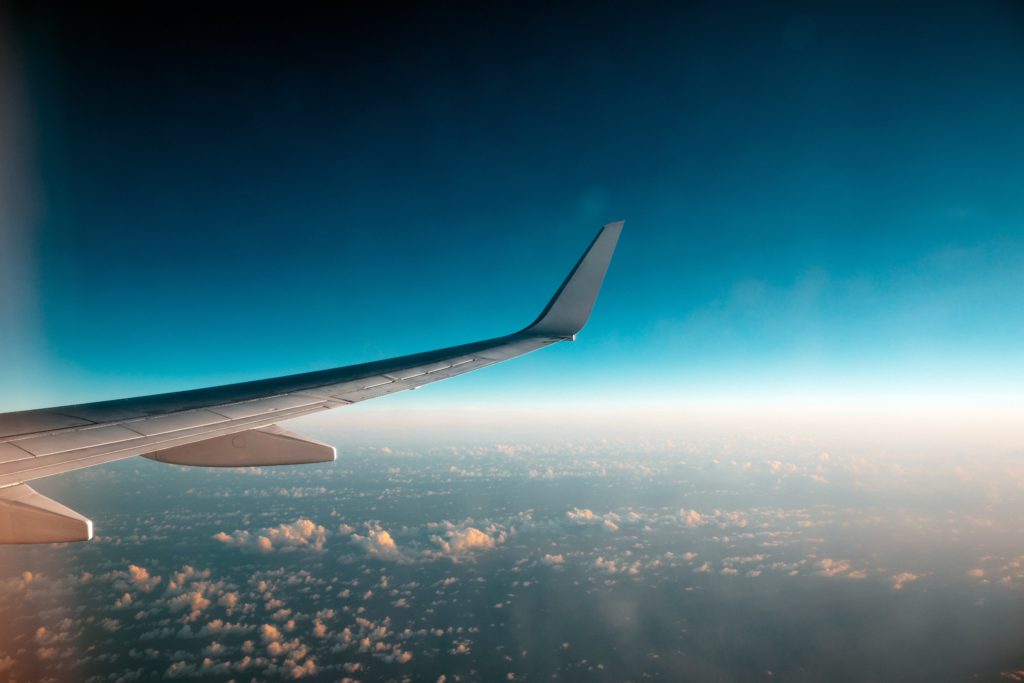Despite lockdowns and border restrictions, some business travel associations have reported a better 2020 than most. They are also experiencing some green shoots for 2021.
That is not to whitewash the severe impact from the pandemic. January and February 2020 were strong with double digit growth year-on-year for Focus Travel Partnership, whereas May and October were the most affected months.
Whilst a few of their partners saw increased air revenue during 2020, overall air spend was down 61% year-on-year.
In non-air business, 15% of the Focus TMC Partners saw business shrink by less than 50% whilst the remaining 85% have seen more than 50% shrinkage, with a few seeing revenues down by 80%.
Through their dedication to duty of care, high service levels and their client base (which includes key workers and business travellers who simply cannot do their essential work over Zoom), travel partnerships have taken the necessary measures to maintain best business practice and focused their attention on the travellers they did have during the pandemic.
Right now, the majority of overseas journeys are more complex than ever, and clients are relying on travel management companies to provide responsible and safe travel. Agile technology has sharpened on-the-ground intelligence, giving access to the best fares.
Back in March and April 2020, Focus Travel Partnership conducted an extensive repatriation programme. Client groups who had workers with essential travel needs included offshore and marine companies; construction and engineers alongside finance; entertainment; telecom; sport and in the summer, private leisure.
Destinations
From a revenue perspective, and looking at the full 2020 travel year, USA destinations still claimed five of the top 10 city pairs and much of this would have been driven by high yield tickets during the first quarter of 2020.
It is a prime example of how strong North America was in many travel businesses’ portfolios. The other key destinations across the full 12-month period included Dubai, Singapore, Johannesburg, Tokyo, and Cape Town.
However, recognising that long-haul tickets predominantly produce more revenue than short-haul, the picture is very different relating to the number of tickets issued where domestic UK (including the Channel Islands) secured five of the top 10 city pairs with Liverpool to the Isle of Man attaining top slot in number of tickets flown. Europe earns two places with Paris and Amsterdam, whilst Dubai, New York and Manila claiming the remaining three of the top 10 slots.
Removing Q1 (Jan-Mar 20) from the data, shows a rather different picture again with regards to city pairs flown (by number of tickets). The Channel Islands (including Isle of Man) are no longer to be seen in the stats due to their border closures, and the London-Aberdeen route now receives top position with Manila taking a large volume of tickets from both the UK and Europe, proving that marine traffic has been critical to maintaining corporate business.
Throughout the pandemic, domestic UK traffic has still only accounted for 10% of the Focus Travel Partnership’s business. But add this to the 44% of business that was transacted across Europe throughout this period and we can see that short-haul has received a significant part of the Focus TMCs business. The remaining 46% of tickets were split across the rest of the world with 27% either going to or returning from Asia, highlighting that Asia’s recovery from the pandemic seems slightly more advanced than going West from the UK to the Americas.
Class of travel
Prior to the pandemic, Focus’ ratio of revenue between Premium cabins (First, Business, Premium Economy) to Economy sat at around 53:47. Throughout the pandemic, this has moved slightly to a 44:56 split which is supported by much of the marine and offshore traffic as well as short-haul business travelling in Economy, whilst much of the remaining business on long-haul routes continued to travel in premium cabins, allowing additional space, more facilities and often more flexibility.
Recovery and 2021’s travel patterns
Although its possibly a little too early to predict when we will see good recovery, Focus Travel Partnership Partners are already seeing some small shoots of recovery but much of this is for departures within 1-3 weeks of booking. Many of the bookings for April and beyond are focused on sporting events, groups and high-end private leisure which is identified by Dubai and Malé being the top two destinations booked from a revenue perspective. The ratio of offshore/marine business versus the remainder of business is swinging more towards non-offshore as destinations such as Tokyo, Islamabad, Istanbul, and Antigua slide into the top 10 destinations being booked.
From a travel management perspective, the key challenges remain with reduced opportunities to travel due to governmental influences, reduced budgets within the corporation as well as the ongoing concern of airlines not having refunded tickets from the earlier part of the pandemic. Putting these aside, limited capacity on key routes and fares still being restrictive (within the limited budgets available) will hamper some of the stems of recovery but we believe that once airlines see more demand, some of these will be resolved as a matter of course.
Focus Travel Partnership will continue to monitor their performance using data collected via the Farecast platform in conjunction with Travelogix Ltd and they look forward to seeing the return of positive figures to both support our Partner’s businesses and that of our airline partners.
This blog post was provided by Hazel Dawson, Commercial Manager, Focus Travel Partnership
About Focus Travel Partnership
Focus Travel Partnership is the leading business travel consortium for the independent and SME sector and has 54 members with a turnover of a £1 billion. The partnership uses the members’ collective size and buying power to negotiate the best deals with suppliers in the air, rail and tech sectors. Focus Travel Partnership believes that as SMEs make up 80% of jobs in the UK and over 99% of all private sector businesses, it will be key to economic recovery.
